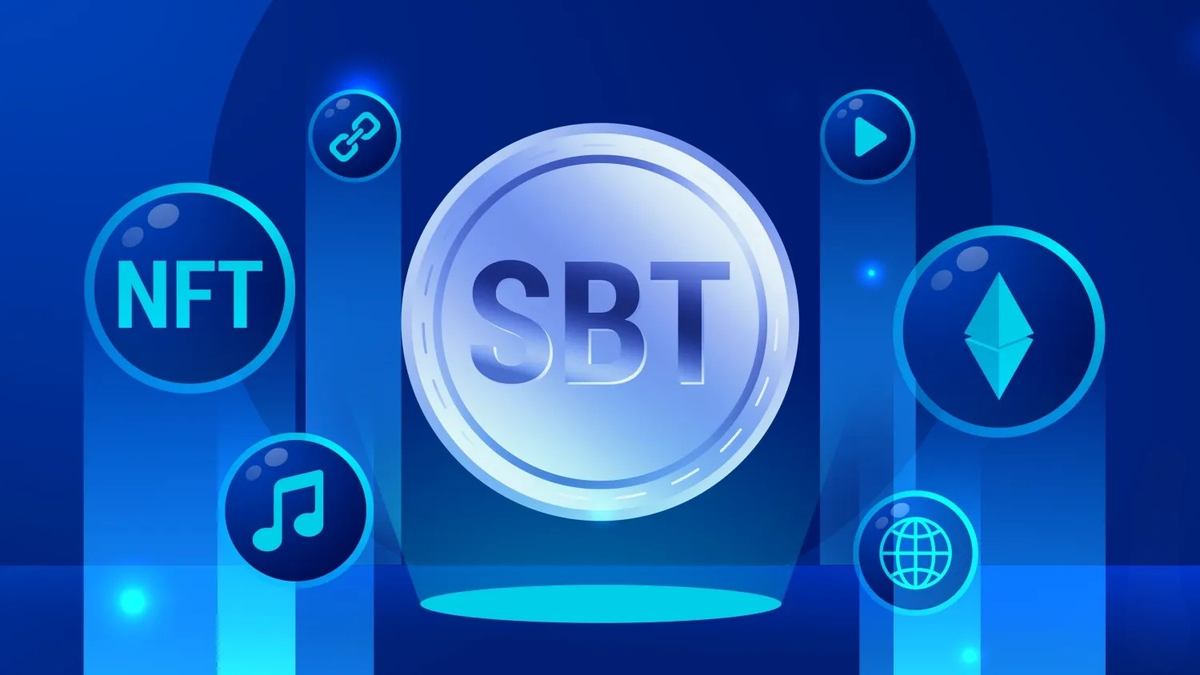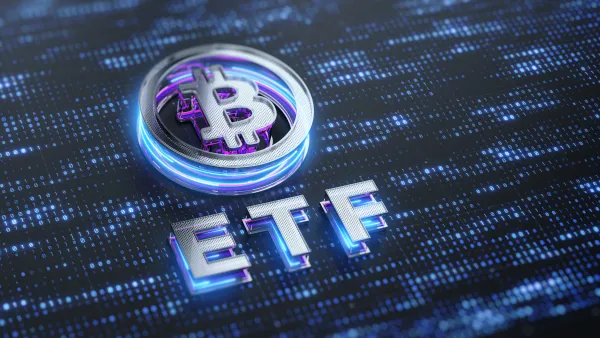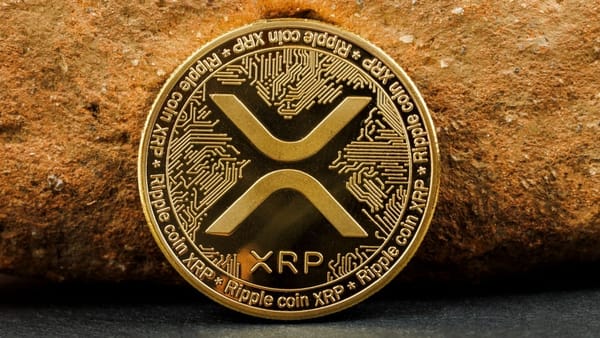Soulbound Tokens (SBT): What Are They? How Are They Applied in NFT Games?

Soulbound Tokens (SBT): What Are They?
Proposed by Ethereum founder, Vitalik Buterin, Soulbound Tokens are non-transferable tokens, non-fungible for a decentralized social setting.
The most interesting part of the article is about information on a new type of user account, jokingly called "Soul," containing tokens displayed publicly, non-transferable or tradable (but revocable by the issuer) called Soulbound (SBT).
You can think of Souls as a cryptocurrency wallet specially designed to contain SBTs and SBTs like permanent NFTs that never leave your wallet, unless they are withdrawn by the issuer.
This concept is so simple that it seems obvious, but the reason it becomes creative is that the blockchain still commonly refers to financial benefits, but SBT aims to be a socially relevant relationship and "qualifications" directly affect our daily lives: University degrees, resumes, credit scores, your loans - SBT ensures that they cannot be replaced, transferred, and most importantly, cannot be copied in the Web3 environment.
SBT allows people to build digital identities that can be verified based on user actions and real-world experience. Fundamentally, the "soul" of SBT will be the "digital profile" with reputations, achievements publicly transparent.
Applications of SBT in NFT Games
Reputation in Games
SBT is an advanced technological solution to verify and display a user's reputation on Web3, opening doors to countless utility uses in games.
Player Badges and Achievements
Console players are familiar with achievements on Xbox and badges on PlayStation. These digital badges are earned by completing specific game levels, achieving certain benchmarks, etc.
These badges are automatically stored in your dashboard profile, but usually do not attract much attention.
With Web3 games, these badges can be securely stored in the player's crypto wallet as NFTs, but players can transfer or sell them to others, which leads to deviation from the original purpose.
With SBT, game achievements will be tied to the actual players who achieved them, permanently stored in their Soul wallet.

If the Soul account is integrated into GameFi user ID development products, players can allow public display of their achievements along with other game NFTs, accompanied by player statistics in Web3 games.
Guild Scholars
SBTs can also be used by Guilds to help manage scholars. Along with the statistics displayed in the User-IDa profile, SBTs collected by players from games will help Guilds assess players' skill levels; this will help Guilds find and recruit the most suitable players and also allow scholars to use this information as a personal brand asset to negotiate contracts or agreements for work purposes.
In addition, technically, SBTs can be used to complement (and perhaps eventually replace) Guild contracts. When a scholar accepts terms and receives game assets from the Guild, they will also receive an SBT "Work Contract" into their Soul wallet as a certificate.
When the scholar stops and returns assets, the Guild can withdraw the SBT "Work Contract" and replace it with another SBT with the meaning "Completion Certificate". This will help Guilds and scholars, scholars have a verified resume to help them qualify, Guild gets clear proof of the quality of the scholar.
Minimize the risk of scholars stealing assets, because an SBT "Work Contract" in a Soul wallet will naturally prevent that scholar from qualifying to start any other work contracts. If they try to abandon that Soul and start a new Soul, they will have to abandon all the reputations associated with that Soul and start over. The new Soul will be completely empty, with no SBTs to indicate whether the scholar is reliable or not.
Guilds can still reluctantly provide scholars to candidates with empty Soul wallets and will set requirements for candidates to demonstrate their commitment to the community by completing tasks, staking tokens, or simply participating in DAO to get SBTs. This provides members with an empty Soul wallet a path to building their reputation in the community and earning their first job opportunities.
Rewards for Loyalty
Brands or franchise chains will always have accurate rewards for loyal customers or fans. This is particularly true for games that have built a large and thriving community.
Players deserve to be highly valued by studios for the time and value they bring to the game, and SBTs can support this. In the future, players may receive privileges from favorite games and studios, reviewed through SBT certificates "purchase evidence" or "play evidence". This can be anything from discounts on future games to exclusive DLCs, etc.
A notable Web2 comparison is when Bungie allowed Destiny players to move their character builds (minus all weapons/equipment) to Destiny 2. If a Web3 game uses SBT instead of NFTs to represent a player's main character, they could move that character into subsequent parts of the game - and if the weapons/equipment are NFTs, they could even have the ability to connect those contents.
Speculation Limits
Based on the earlier idea, if a Web3 game sells game assets as SBTs instead of NFTs, it would eliminate the speculation potential of those assets. Only those who genuinely intend to play the new game would buy them.
Although this could lead to less fundraising and eliminate all copyright fees from resale, it probably makes sense when games explore at least one hybrid model in which some assets are SBTs while others are NFTs. For games before launch, selling SBTs will provide more accurate data on the potential player base size.
Enhancing Gaming Experience
Furthermore, replacing NFTs with SBTs can also be used to eliminate the often disliked "pay-to-win" capability.
Enthusiastic players will be able to unlock special skins and powerful items that they cannot sell.
This provides greater motivation for players to improve their skills and earn game assets of SBTs specifically for them.
Participation in DAO Governance
Many games are experimenting with building DAOs for their communities, and SBTs are the perfect choice for building a good, decentralized governance system within DAOs.
Instead of relying on administrative power based on the number of tokens a member holds, DAOs can issue SBTs with different governance points for members based on their contributions to the community. This means voting rights based on reputation, participation, and expertise rather than money (whoever buys/holds the most tokens).
Participation levels are very important in DAOs because sometimes the loudest voices do not always represent the majority of true fans and may not even be provided with complete information.
DAOs can issue SBTs "participation proof" for anyone attending meetings and/or participating in chats to encourage and reward members for their participation and attention. These SBTs can have a value equal to a certain governance point and can be combined into a reward component for all rewards/tasks completed by DAO members. This will give the most dedicated members a stronger voice.
These principles have been demonstrated in the form of "NFT Governance," being implemented by innovative DAO tool builders like Factory DAO, but we expect SBT Governance to be an improvement in this concept in most cases.
SBTs can also protect the integrity of voting. It's not always easy to distinguish bots or coordinated accounts based solely on tokens in a crypto wallet.
But if they are replaced or supplemented by DAO-issued SBTs, their public and verifiable nature will greatly assist in detecting and expelling bad actors, thus protecting against corruption and compound attacks. Not to mention, selling IGO & NFT in Soulbound tokens will help prevent exploitation by bots for the community participants.
Conclusion
The characteristics of Web3 and blockchain technology are breaking many aspects of the gaming industry.
Soulbound tokens are making an improvement to represent and publicly verify the reputation, achievements, and skill levels of an individual, which will have broad significance for Web3 games, guilds, players, etc.
Although SBTs are still a new concept, developers have built SBT products ready for use by the end of this year.
Source: Compilation



